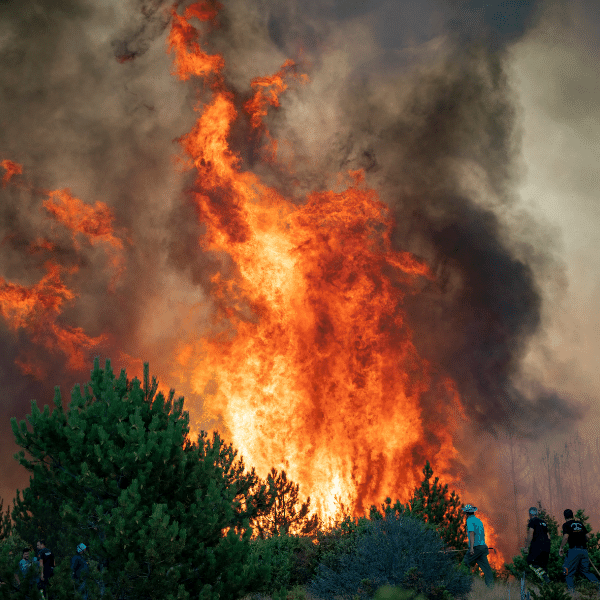Fires such as the one in Malagrotta – in which the mechanical biological waste treatment plant got burnt – or lately at Viale Palmiro Togliatti – where flames destroyed some auto wreckers – have been breaking out recently. In these cases “a distinction must be made between acute and medium/long-term exposure” to fumes.
Concerning the fire in Malagrotta, the blaze produced dioxins, anyway dioxins were kept under control, according to the Regional Environmental Protection Agency (ARPA-Agenzia Regionale di Protezione Ambientale). The situation was not the same for the fire in Viale Togliatti: “oils, fuel residues, paints, brake components, various plastics” can cause “symptoms of poisoning”.
Professor Angelo Coppola – UniCamillus Professor of Respiratory System Diseases – explained it to the Italian newscast Tg5 on the occasion of Malagrotta fire and to Il Messaggero (Italian newspaper) for the auto wreckers fire.
“In case of acute exposure to fumes, individuals should cover their airways with a wet cloth and cover their eyes and skin. In the following days after the fire, individuals should avoid outdoor physical activity within a range of about 5/6 km from the fire location. If they are required to remain in the area, an FFP2 or FFP3 mask should be used.”
The recommended precautions during the burning phase include “keeping windows closed and not using air conditioners. I am aware of high temperatures,” – Professor Coppola stated – “but our air conditioners are not able to filter dust and dioxins. Moreover, for a few days after the fire, you should wash all vegetables and fruits with great care, using baking soda.”
Despite precautions, consequences are still possible: “symptoms such as nausea and vomiting, headache, and weakness may suggest monoxide or cyanide poisoning. If the malaise is mild, individuals should contact the general practitioner. If it is stronger, they should contact the poison control center at Umberto I or Policlinico Gemelli by phone. If the malaise is heavy, call 118.”
A special recommendation for vulnerable people: “Elderly people, children or people with lung diseases may be more severely affected by exposure to fumes than healthy adults. They should be monitored carefully.”

